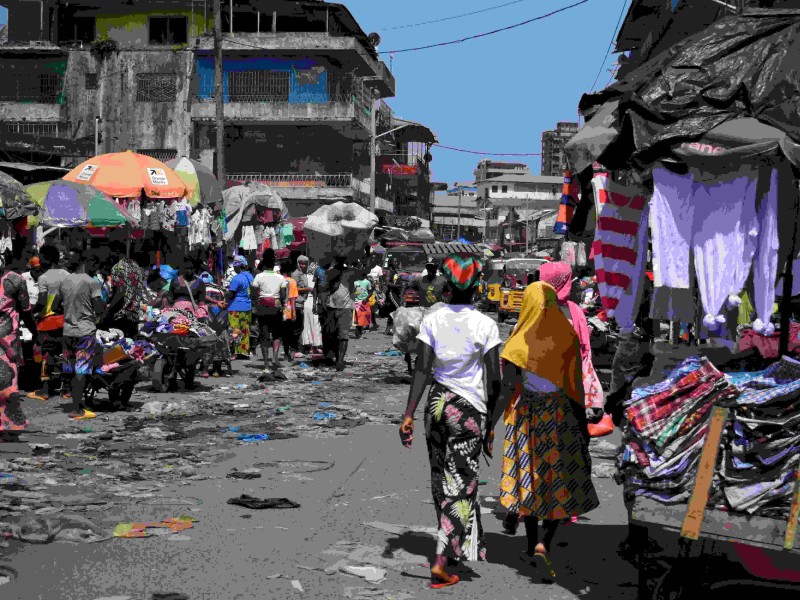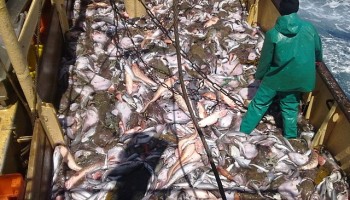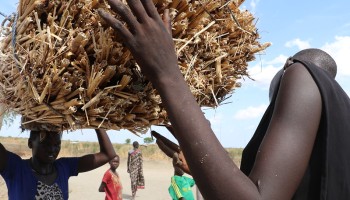Less than 30 years ago, Liberia was engulfed in a brutal civil war, which entered the global imagination through snapshots of 8-year-old boys with AK-47s and soldiers eating human hearts.
By 2003, when peace was negotiated, the conflict had killed 250,000 people and had left the country in ruins.
While the peacebuilding efforts succeeded in eliminating political violence, Liberia still bears the scars of the trauma.
The capital, Monrovia, is encroached by slums, which were originally built as provisional settlements by refugees fleeing the war but continue to host a major part of its population. There is no electricity grid, no public lighting, and violent crime is so common that most people do not dare leave their homes after sunset.
More than 2.2 million Liberians, nearly half of the population, are estimated to be unable to meet their basic food needs. The whole country is reported to have only 298 medical doctors.
Yet, there are indications that the state capacity might be further undermined, potentially reversing the post-war stabilization.
Since 2015, when Liberia suffered severe economic damage from the Ebola outbreak, its governance indicators have steadily declined. “This creates a fertile environment for organized criminal activity,” says the report.
The report tracks the origins of the current crisis to the political economy built after the war with the assistance of international donors, notably during the presidency of Ellen Johnson Sirleaf, who ruled from 2006 to 2018.
Initially, corruption was tolerated as a way to appease the various warring factions, but it soon became a defining feature of the system. The state institutions were infiltrated by informal patronage networks and politics became transactional – paradoxically also because of Sirleaf’s insistence to abide by the constitutional law.
“This meant that political competitors, particularly lawmakers, could hold nearly every agenda item hostage. They began to make material demands to pass budgets, enact laws and reforms, allocate funds and confirm political appointees,” details the report. “Increasingly, from about 2009 to 2017, next to nothing was accomplished without some material transaction.”
In 2018, Sirleaf was succeeded by George Weah, a former football player who vowed to end corruption. The same practices continued, however. In fact, institutional decay deepened.
Immediately after assuming office, Weah attempted to remove tenure from all the executive positions in the government, including the key control institutions such as Liberia Anti-Corruption Commission (LACC) or Liberia Extractive Industries Transparency Initiative (LEITI).
In Liberia, tenure guarantees that officials appointed by the President cannot be fired for the duration of their appointment, unless removed by the boards overseeing their duties.
Although the bill did not pass through the Senate, Weah proceeded with his plans, sending armed policemen to the office of the head of the LEITI Secretariat, Konah Karmo, and replacing him with a loyalist Gabriel Nyenkan.
During Weah’s term, the report says, “corruption, unconnected from larger political goals, has become increasingly brazen.” That said, the abuse of public resources tends to be hidden under a veneer of legality, created by fraudulent government processes and selective use of institutional mechanisms. “The result is an opaque and weak system by design, with few avenues for accountability,” it adds.
Liberia seems to have withstood the economic blow of the COVID-19 pandemic. Nevertheless, it is uncertain whether its weakening institutions will be able to cope with the cost of living crisis and the incoming global recession, already causing turmoil in neighboring Sierra Leone.






